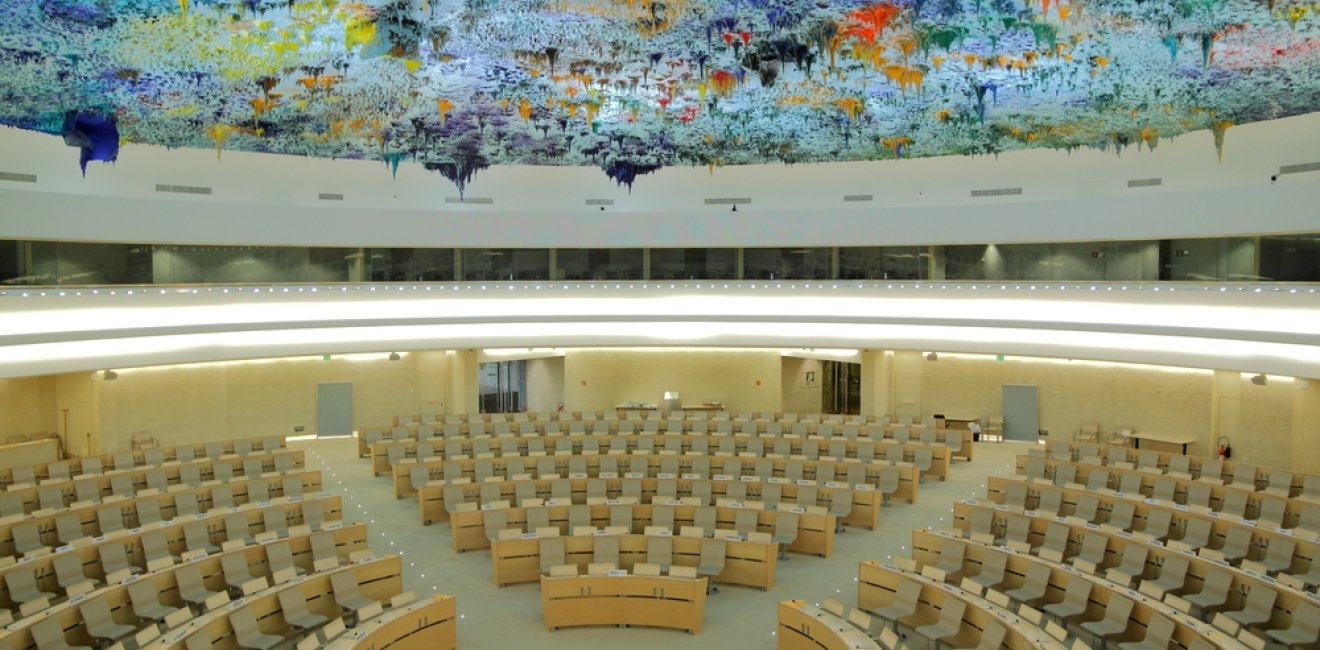
A blog of the Wilson Center

In the UN General Assembly Vote that Suspended Russia from the Human Rights Council, only Ninety-Three of One Hundred and Ninety-Three Members Voted in Favor of Suspension.
Led by the U.S. and Europe, on April 7, the UN voted to suspend Russia from the Human Rights Council. While supporters cited the vote as evidence of “rallying the world” against Russia and its war on Ukraine, details suggest that more work is needed.
Ninety-three member nations voted in favor of suspension. But that means—despite plenty of evidence of human rights violations—that most of the General Assembly did not. In fact, if not for the abstention of 58 nations, supporters wouldn’t have been able to claim the two-thirds majority necessary for suspension. Twenty-four nations voted against the resolution.
Among those who abstained were nations who attended last year’s Summit for Democracy in Washington, most notably India, which imports much of its defense technology from Russia, and has declined to enforce sanctions. Indonesia, Brazil, and South Africa were also among the abstentions. So was Mexico, whose president criticized the UN before the vote, saying the organization should have acted as an intermediary rather than exclude Russia.
After the vote, Russia’s Deputy Permanent UN Representative, Gennady Vladimirovich Kuzmin, announced that Russia had "already decided” to leave the Council and accused some members of complicity in other countries’ human rights violations. “In spite of their membership as members of the Council, they are not ready to sacrifice their short-term political and economic interests in favor of true cooperation and stabilizing the human rights situation in certain countries,” Kuzmin announced in the statement of resignation.
China, one of Russia’s close allies, voted against the resolution, fearing the divisive consequences and "dangerous precedent” of the decision. Other opponents included Cuba, North Korea, Nicaragua, and Venezuela.
The UN Human Rights Council, whose charter demands that members “uphold the highest standards in the promotion and protection of human rights,” has long included members who have been frequently accused of human rights violations. For example, Venezuela, Cuba, and China are currently members.
Author

Explore More in Stubborn Things
Browse Stubborn Things
Spying on Poachers

China and the Chocolate Factory

India: Economic Growth, Environmental Realities
